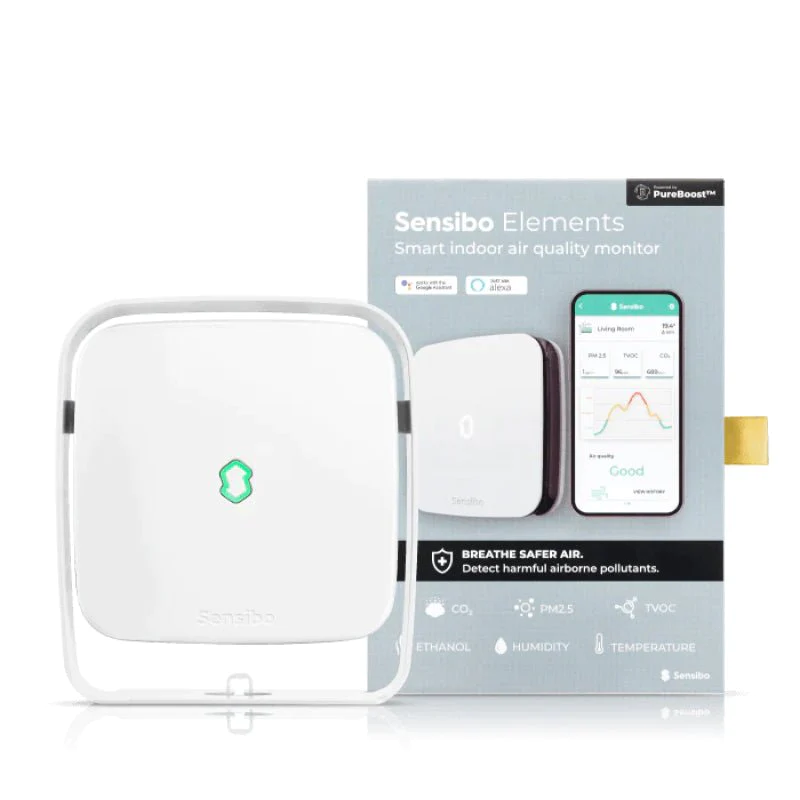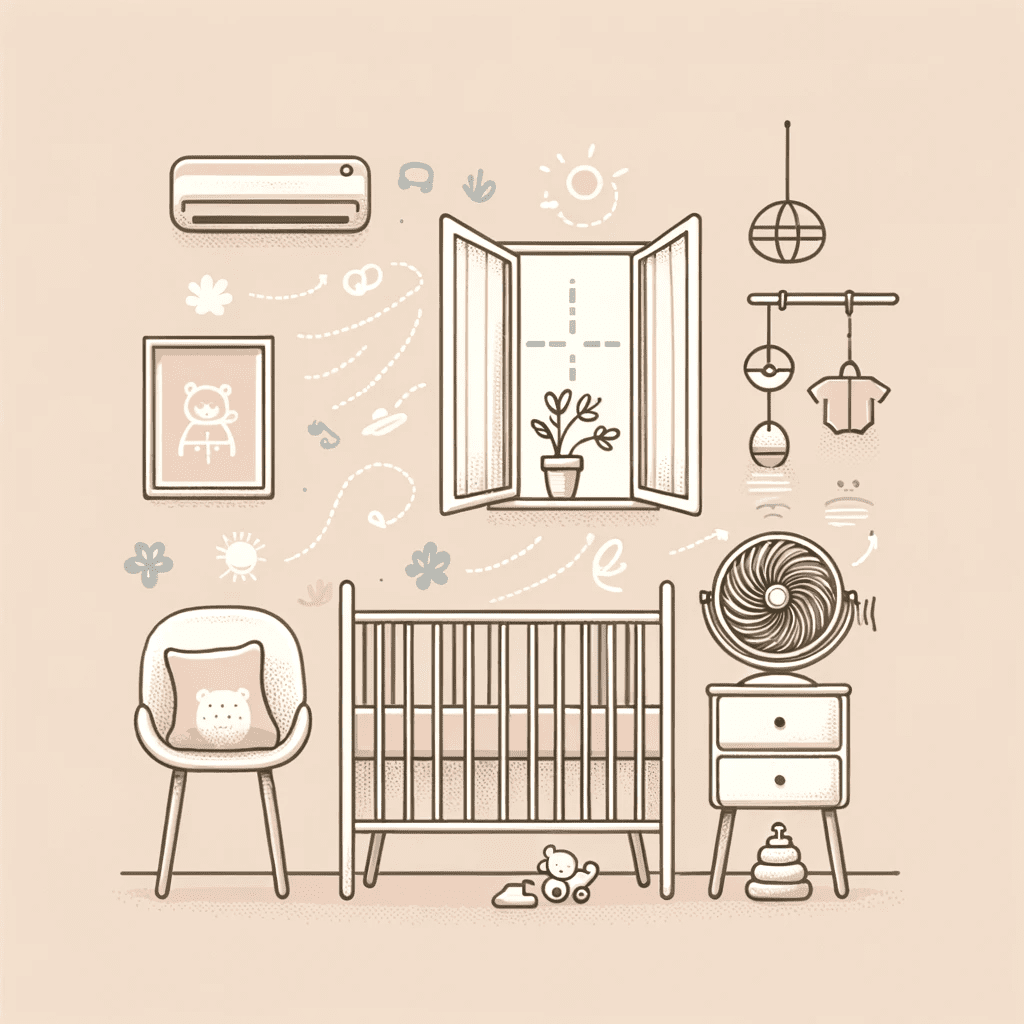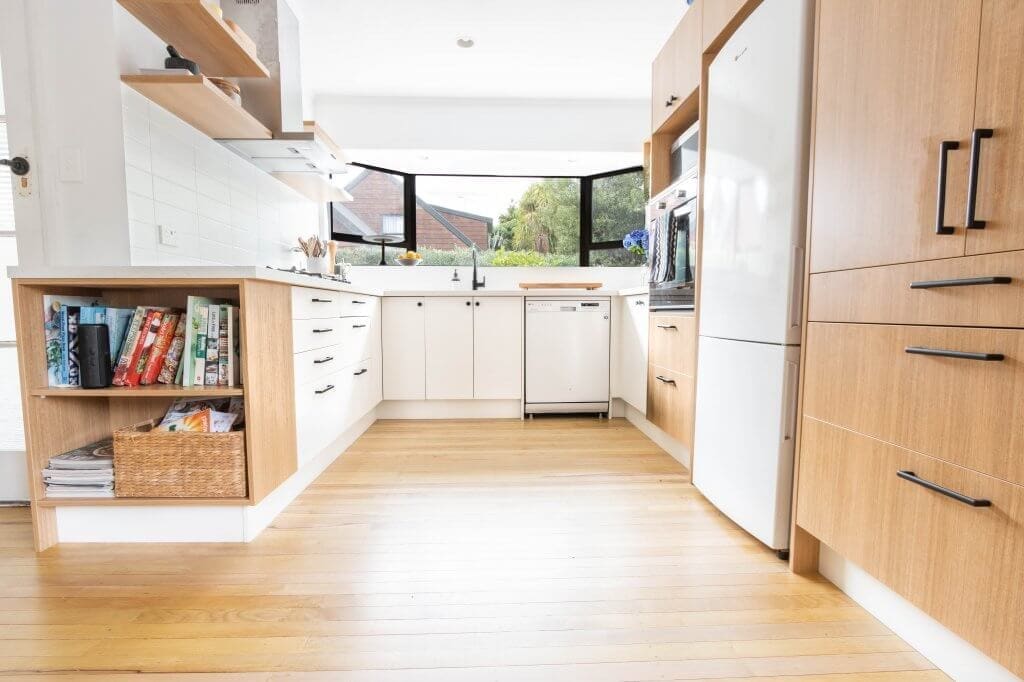Do you work in an indoor setting? Are you a teacher or parent who worries about getting sick at school? Do you want to breathe the cleanest air possible at home? Perhaps the concern is whether or not you and your loved ones are safe from illnesses and viruses that spread through the air. Good virus control means good indoor air quality. And when it comes to indoor air quality, the focus is on ventilation and air filtration within our HVAC systems.
The air quality in any given indoor space is largely dependent on the HVAC system. This is true for homes, residential facilities, buildings, offices, schools, businesses, hospitals and so on. It places a lot of significance on the function and success of HVAC systems and potential air quality upgrades.
Ventilation and air filtration play a key role in helping control the spread of airborne transmission. Continue reading to learn how good indoor air quality can reduce exposure risks.
Can Viruses Spread Via Airborne Transmission?
There are several ways viruses spread. Today, our minds likely jump to possible airborne transmission in regard to COVID-19. However, it’s important to remember that airborne transmission is a risk for many illnesses.
Infections spread when someone comes into contact with droplets from a contaminated person. Breathing, speaking, coughing, yelling and sneezing are all actions that cause this type of spread.
Airborne transmission means said droplets float in the air and circulate. This can happen for a period of minutes to hours. This means you can inhale particles released by another person long after they’ve gone. This is true for infections like tuberculosis, some influenza strains and the common cold.
As particles fall out of the air, they also land on surrounding surfaces. This creates another possible exposure method. You can come into contact with infection by touching a contaminated object.
For these many reasons, indoor air quality is significant. Airborne transmission success is partly dependent on the HVAC system and a space’s air quality. Or rather, spread can be worsened or minimized depending on the HVAC system and practices utilized.
#Airborne transmission from 20 ft distance after just 5 min of exposure. CCTV footage showed source patient (B) had no direct contact w/infected (B) seated 20 ft away, or (C) seated 14 ft away. AC unit may’ve aided airflow. NOTE: restaurant lacked windows & ventilation system. pic.twitter.com/KLDsY1vXdH
— Dr. Ali Nouri (@AliNouriPhD) December 2, 2020
How Ventilation and Air Filtration Mitigate Airborne Transmission
Ventilation and air filtration play an important role when it comes to illness and potential spread. Each part plays a unique role in minimizing risk and reducing spread indoors.
Mechanical Ventilation
Ventilation is key to reduce airborne spread. Manual ventilation is simply leaving windows and/or doors open to circulate fresh outdoor air in. Mechanical ventilation is the superior version of this process. Mechanical ventilation systems are installed directly into the existing HVAC system or ductwork. They are actively ventilating spaces so long as the HVAC fan is running.
Mechanical ventilation systems create a healthy indoor environment because they constantly circulate fresh outside air indoors. There are energy recovery ventilation (ERV) and heat recovery ventilation (HRV) units. ERVs use fans to capture stale indoor air and move it outdoors. The system then uses a second fan to collect fresh outdoor air and bring it inside. HRVs focus on the heat transfer process, using the heat from the stale air to preheat the incoming fresh air. The two air supplies do not mix during this process.
Today’s high-performance buildings usually require some form of mechanical ventilation. Home settings also greatly benefit from mechanical ventilation. This is because modern construction methods create structures that are less drafty. Meaning–less air is seeping in from cracks due to improved regulations.
5) VENTILATION is key. Both ventilation and masks needed to reduce risk indoors. But most buildings not ventilated well enough.pic.twitter.com/qhz8cs0grH
— Eric Feigl-Ding (@DrEricDing) December 4, 2020
Filtration
Air filtration is also key to reduce airborne spread. The filtration process captures and reduces the amount of harmful air pollutants before they can circulate back into breathable air.
Good filtration performance depends on particle collection and airflow resistance. These are the factors that go into MERV ratings. MERV is simply a scale that measures said effectiveness of an air filter. Higher MERV ratings mean that the filter catches smaller particles and more efficiently captures all particles.
The best air filter for a space depends on a couple of factors. For most, MERV 13-16 or HEPA-grade filtration will be the best option. ASHRAE, EPA and CDC guidelines all recommend using the highest system-compatible air filters. Most home HVAC systems will better accommodate MERV-13 filters. (This is our go-to filter recommendation for homeowners!) Filters rated above MERV-13 are also good, but usually require costly upgrades for residential systems. If you are looking to upgrade air filters for businesses, schools, offices or other commercial uses–then MERV-13 would be the minimum.
MERV-13 and above is a high-quality upgrade for preventing illness spread indoors because these high-rated filters efficiently capture particles. With the right filter, one’s HVAC system is effectively removing or reducing infectious particles from the air supply. This is wildly important for minimizing the spread of infectious droplets. Studies show that with the right filter, namely MERV 13-16 and HEPA, reduced spread is possible.
HVAC System’s Role in Airborne Transmission
Scientists are working to better understand viruses and the many ways that illnesses spread. The American Society of Heating, Refrigeration and Air-Conditioning Engineers (ASHRAE) has largely accepted that virus spread is dependent on the HVAC system.
2020 Pandemic
There are still many questions surrounding the novel coronavirus. There is evidence of possible airborne transmission with COVID-19. A proactive approach to this airborne potential means prioritizing indoor air quality control options.
ASHRAE approved two statements about possible airborne transmission specific to COVID-19. Their opinion is that airborne transmission is “sufficiently likely” and thus airborne exposure should be controlled. To do so, they recommend prioritizing ventilation and air filtration through HVAC systems. The goal is to optimize these processes to reduce the concentration of viruses indoors.
Improved Ventilation and Air Filtration for Your Indoor Space
The time to optimize ventilation and air filtration to better combat all kinds of virus transmission is now. We recommend testing the effectiveness of the ventilation and air filtration systems in your space. The need for good air quality in health-care spaces because of indoor spread has long since been established. We’re simply suggesting to instead prioritize air quality for your own living and working spaces.
Choose to upgrade and breathe cleaner, healthier air in the spaces you can control. Doing so is a helpful step to potentially combat the novel coronavirus, but updating the systems will have many lasting benefits. In a post-pandemic world, improved ventilation and air filtration still means improved health and home quality. IAQ upgrades go beyond the current virus concerns.
In addition to ventilation and air filtration upgrades, you may also choose an air purification system. Air cleaning systems improve the HVAC ventilation and filtration processes. They also “scrub” air and surfaces clean. Consult with an HVAC or IAQ professional to determine the best indoor air quality upgrades for your system.
"…eligible recipients can receive up to $15,000 to address indoor air quality through HVAC inspections, portable air filtration systems, new filtration systems, maintenance on current systems, and other interventions."
— IAQ Works (@IaqWorks) December 4, 2020
SO crucial for vulnerable spaces like nursing homes, etc. https://t.co/JkELbWCbCu
Upgrade Your Ventilation and Air Filtration Systems
Bottom line: virus transmission is complex and difficult to understand. There is no across-the-board or universal solution to airborne transmission. There is also no universal solution to reduce the spread of illnesses. Nevertheless, it’s clear that concentrating on ventilation and air filtration upgrades is a good choice.
Take charge of your breathing spaces today. We can help you find a local IAQ expert so you can discuss what effective ventilation and air filtration looks like for your home.





